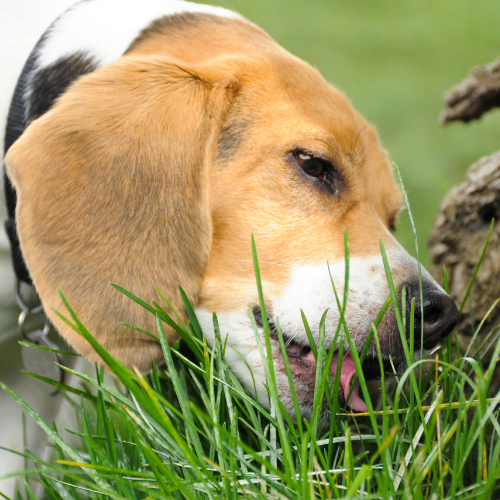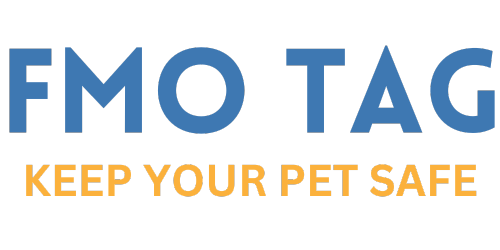If you’ve ever watched your dog munch on a mouthful of lawn like it’s a gourmet salad, you’re not alone. One of the most searched questions among dog owners in 2024 is: “Why do dogs eat grass?”
It’s a behavior that puzzles even the most experienced pet parents. Is it a sign of illness? Boredom? Or is your pup just going green with their diet?
The following should help shed some clarity:
🌱 Is It Normal for Dogs to Eat Grass?
Short answer: Yes, it’s totally normal.
In fact, studies have shown that up to 79% of dogs have eaten grass at some point. While it may look odd, eating grass is considered a common canine behavior.
But why they do it depends on the dog—and sometimes, the day.
🧠 Top Reasons Why Dogs Eat Grass
1. To Help With Digestion
Some dogs instinctively eat grass to help move things along in their digestive tract. If your pup has an upset tummy, you might notice them grazing more than usual. Grass can act like a natural fiber supplement, helping with bloating or mild discomfort.
2. To Induce Vomiting
Dogs occasionally eat grass and then vomit shortly after. While this seems alarming, it may be your dog’s way of self-soothing or getting rid of something irritating their stomach. However, if this happens frequently, it’s worth a chat with your vet.
3. They’re Just… Bored
Yes, dogs get bored too. Dogs left alone in the yard might nibble grass simply for something to do. If your pup is snacking on sod regularly, consider upping their playtime, exercise, or mental stimulation.
4. They Like the Taste or Texture
Some dogs genuinely seem to enjoy the texture or flavor of grass. Fresh, dewy blades? Gourmet. Crinkly dry grass? Crunchy snack. As odd as it sounds, some pups just have quirky palates.
5. Nutritional Deficiency
In rare cases, dogs may turn to grass if they’re lacking certain nutrients, especially fiber. If your dog is on a low-quality diet, you might want to reevaluate their food or add a vet-approved supplement.
⚠️ Is Eating Grass Dangerous for Dogs?
Most of the time, no—as long as the grass isn’t treated with pesticides, fertilizers, or other chemicals. Lawn treatments can be toxic, so it’s essential to know what’s on your grass before your dog decides to make it lunch.
If your dog is eating grass and vomiting often, or showing other signs of illness (lethargy, diarrhea, loss of appetite), it’s time for a vet visit.
🌟 What Can I Do To Cut Down The Grass Grazing?
- Offer safe alternatives like leafy greens or dog-safe veggies.
- Keep your lawn chemical-free.
- Provide mental stimulation—toys, puzzles, training, or new walking routes.
- Ensure a balanced diet with the right nutrients.
🐶 So It’s Nothing To Worry About?
All in all for most dogs, it’s completely normal to munch on grass every now and then —but as with any quirky behavior, it’s good to stay observant and consult your vet if you notice anything unusual.


